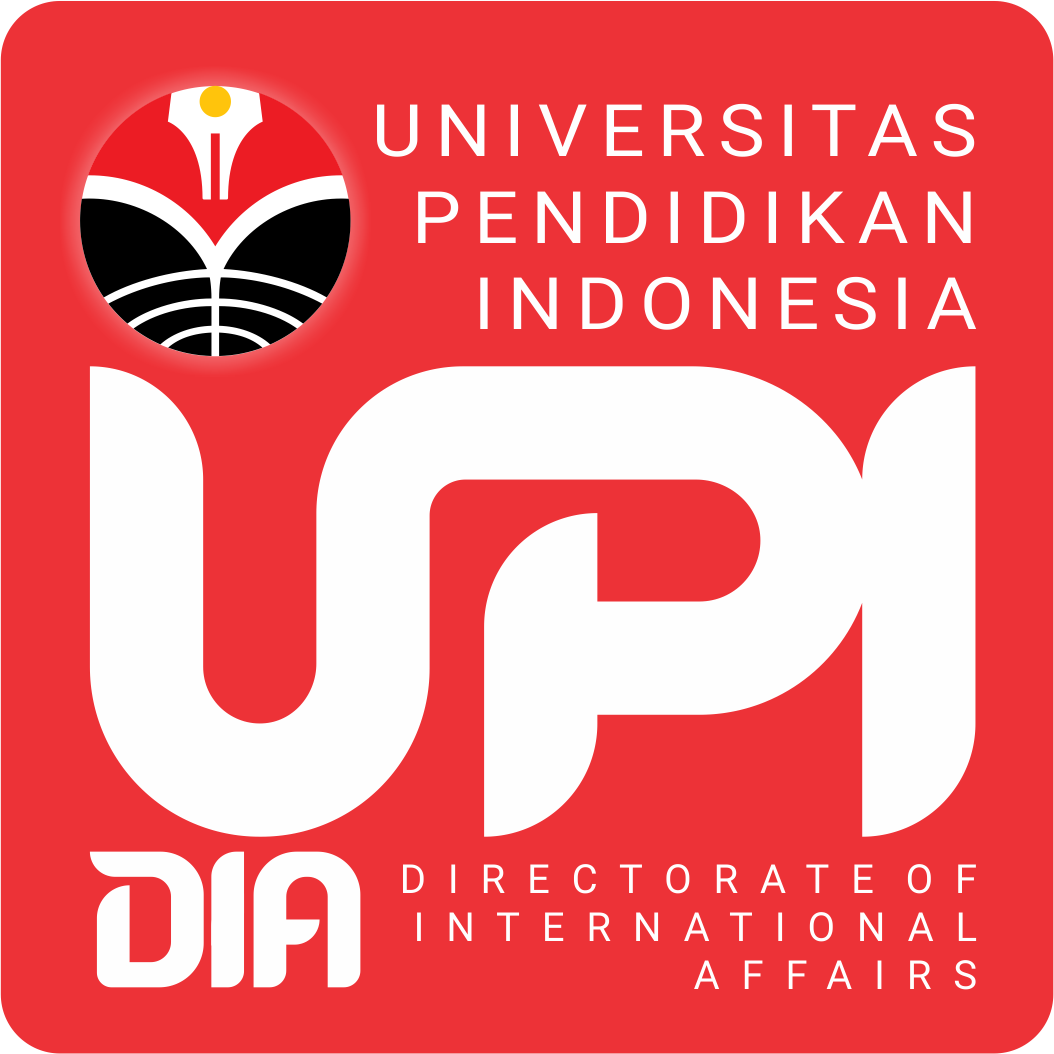
Washington DC, Ministry of Education and Culture Research and Technology – In line with the global agenda, the Sustainable Development Goals (SDGs), especially target 4, namely education for all by 2030, Indonesia continues to strengthen and encourage commitments to increase educational progress in Indonesia, especially in realizing inclusive education.
One of the synergies is realized through a webinar on advancing education in Indonesia organized by the Representative of the Republic of Indonesia in Washington DC, United States through the Office of Education and Culture Attaché (Atdikbud) in collaboration with the Education Fund Management Institute (LPDP), (17/5).
Starting the webinar session, the Indonesian Ambassador to the United States, Rosan P. Roeslani said that currently the Government continues to encourage the restoration of education and encourage the creation of inclusive education for all levels of society in Indonesia.
“The needs of the world of work, especially in the post-pandemic period, have changed. Therefore, we need to reorganize how education can answer the challenges of the world in this post-pandemic era,” said Ambassador Rosan.
On the same occasion, the Indonesian Attaché for Education and Culture (Atdikbud) in Washington, DC, Popy Rufaidah expressed her appreciation to all those who have supported the implementation of the webinar while stressing that the main objective of this webinar is to open opportunities for collaboration between universities in Indonesia and in America. Union in the field of education.
“We also hope that after a series of webinars with various themes that are presented, it can encourage an increase in the interest of the nation’s children to pursue further studies in the United States by utilizing scholarships that have been provided by the Indonesian government, for example LPDP,” said Popy.
In line with that, the Director of Finance and General Affairs, the Education Fund Management Institute (LPDP), the Indonesian Ministry of Finance, Emmanuel Agust Hartanto, said that education is the key to reducing poverty, accelerating economic growth, achieving gender equality, and also strengthening the quality of human resources.
“Indonesia needs an education and training system to improve the welfare of citizens to improve human resources, especially to build education reform and achieve better results,” explained Emmanuel.
In the discussion session on sharing good practices, Lecturer of the Department of English Education, Faculty of Language and Literature Education, Universitas Pendidikan Indonesia (UPI) Bandung, Ahmad Bukhori Muslim moderated the session on sharing good practices on research on education from 3 Indonesian students who were pursuing further studies. and 2 local academics from universities in the United States.
Starting with a doctoral candidate in Education Leadership and Policy Analysis at the University of Wisconsin-Madison, Aziz Awaludin, who said that his current research focuses on how urban school districts in the United States develop work plans to form school leaders that promote equality.
“I use Epistemic Network Analysis (ENA), a new method to map the framework of thinking from qualitative data. This is because racial issues in the United States are so important that this research is very significant in looking at the map of the framework that the district developed,” said Azis.
Next, a doctoral candidate in Educational Psychology from Oklahoma State University, Jati Ariati explained his research on the experiences of international students in online classes at predominantly white institutions. “This research will also look at their perception of their sense of belonging,” he said.
Jati also said that this research will help him to design more inclusive online classes (blended and fully online) while hoping that this research can be one of the reference indicators in evaluating teaching and learning.
Furthermore, a doctoral candidate in the field of Teacher Education and School Improvement from the University of Massachusetts, Amherst, Nanak Hikmatullah in his presentation said that his initial research was focused on the idea of humanizing technology in the context of online learning and everyone could still interact well in the online environment as well as in the classroom. traditional (face to face).
“In the context of Indonesia, it is hoped that later this research will contribute to the development of online learning in our higher education to be even better and more worth it because so far online learning is considered to lack quality and credibility,” explained Nanak.
Also attending the webinar, academic from the Department Chair of Teacher Education and Curriculum Studies, College of Education, University of Massachusetts, Amherst, Betsy McEneaney provided a comprehensive explanation of the various types of programs at the College of Education and explained the advantages of each department. . “Some of the special advantages of our department are in Teacher Education and Curriculum Studies, English Language Acquisition, we have many undergraduate and doctoral students working in this field. We have people who work in immigrant and refugee education,” Betsy said.
Meanwhile, Associate Dean and the Graduate College of Oklahoma State University, Matt Laverne explained related research and professional development in the field of education. “One way we are doing this is through the 3600 Critical Skills for Career Success program, which is an optional program, and involves credentials in a number of areas of professional development,” explains Matt.
Chairman of the Council of Chancellors of Indonesian State Universities (MRPTNI), Jamal Wiwoho in his written statement hoped that this webinar could create opportunities for collaboration between universities in Indonesia and experts in the field of education in the United States.
“I think campuses in Indonesia are very open to collaborating with experts in the field of education in America, for example by making them guest lecturers and conducting joint research,” concluded Jamal.
